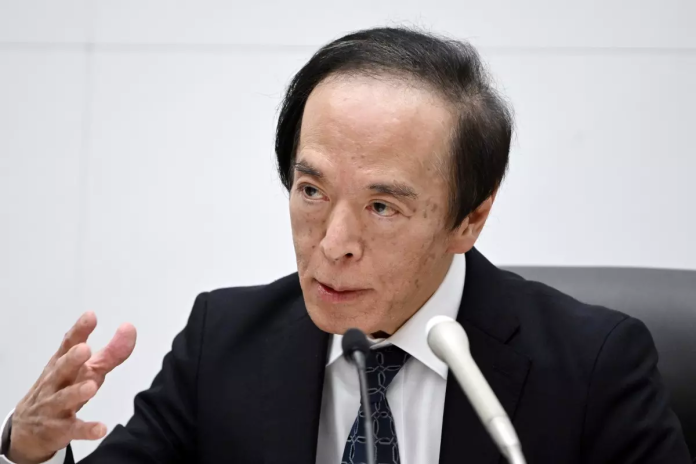Although Japan managed to get companies to raise wages, the uneven corporate wage burden complicated the Bank of Japan’s (BoJ) plans to raise interest rates, according to Reuters.
Japan’s small businesses spend far more of their profits on wages than their larger counterparts. Meanwhile, the outlook for wages next year is critical to sustaining a consumption-driven economic recovery.
Policy makers are now considering whether smaller firms, which employ 70% of Japan’s labour force, can continue to meet such wage demands. Concerns over sustained wage growth, combined with threats of higher tariffs from US President-elect Donald Trump, could prompt the BoJ to postpone an interest rate hike at next week’s meeting.
Wages in Japan remained stagnant for decades until 2022, when rising commodity prices drove up inflation and increased pressure on companies to pay employees higher wages. While large companies are already signalling a willingness to continue raising salaries to attract talent, there is uncertainty over whether smaller companies will be able to follow suit.
Small and midsized enterprises (SMEs) spend about 70% of their profits on wage costs, much higher than about 40 % for large firms. BoJ board member Toyoaki Nakamura expressed concern about the growing gap between large or fast-growing firms being able to raise wages and most SMEs struggling to do so.
This will also damage Prime Minister Shigeru Ishiba’s already low ratings, as the cost-of-living hike will hurt households, many of whom have yet to see sufficient wage increases. As part of efforts to support pay across the country, Ishiba pledged to unveil a plan by next spring to raise Japan’s minimum wage by 42% by the end of the decade.
Small companies with fewer than 300 employees have agreed to raise wages by 4.45% this year, lower than the 5.19% at large companies, according to a survey by labour union group Rengo.
